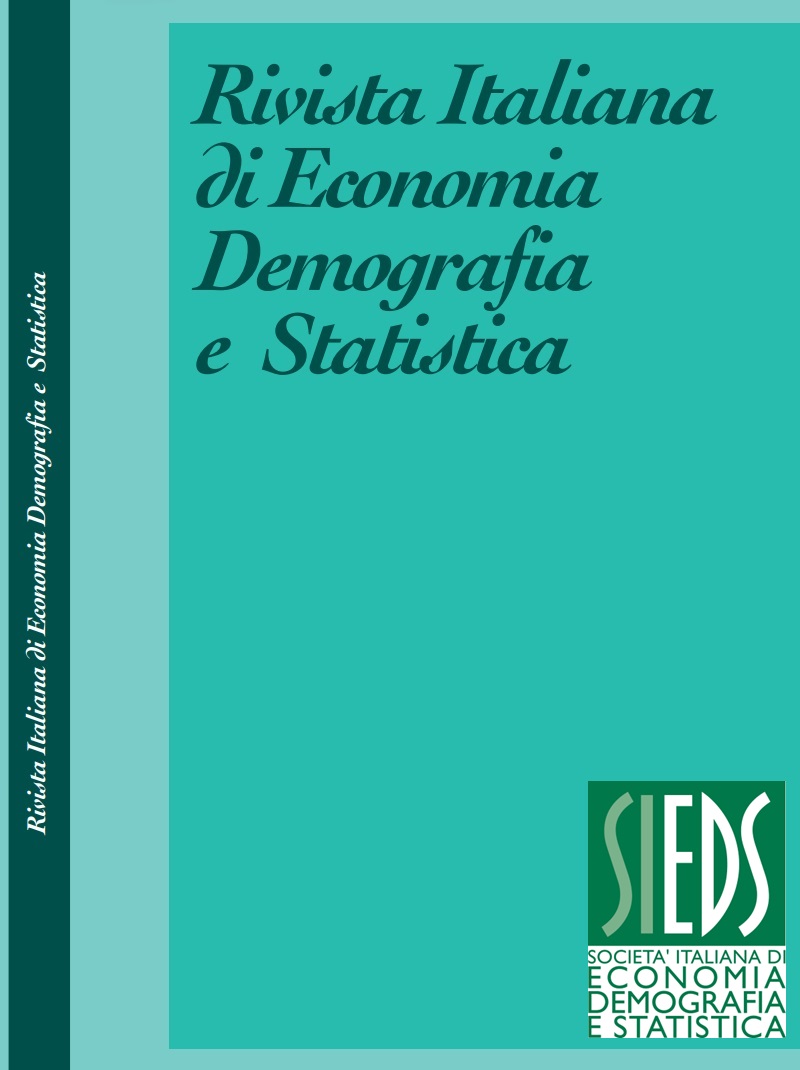Immigrants’ political engagement: attitudes and behaviors among immigrants in Italy by country of origin
Abstract
The persistent lack of voting rights in Italy for immigrants and the rigid citizenship regime based on jus sanguinis preclude immigrants from formal political participation. However, there are other forms of political participation practiced by immigrants. This article analyses the characteristics that are associated with immigrants’ non-formal political participation in Italy. A target variable in our analyses is the country of origin of immigrants. The prevailing scientific literature has highlighted that immigrants’ countries of origin play an important role in their psychological, social, economic and political behaviour. The country of origin and the associated background can in both repressive political systems and pre-migration discrimination have a negative effect on political attitudes and the behaviour of immigrants in the host country. Using data from the ‘Social condition and integration of foreign citizens’ (SCIF) survey conducted by the National Statistical Institute (ISTAT) in 2011–2012, our paper examines the determinants of immigrants’ political engagement in Italy with a focus on both country of origin and migratory generational differences. Using logistic regression models, we explored the engagement differences in immigrant groups in Italian politics as determined by taking an interest in Italian political issues and by participating in different non-electoral political activities, controlling for the main variables used in the literature. Moreover, our data allowed us to investigate the differences in political engagement by migratory generation. The results confirm the country-of-origin effect in spurring political engagement. In general, immigrants from more developed countries, Eastern Europe and Latin America are more interested in Italian politics than are those from African and Asian countries. Moreover, next to other control variables, being in the second generation increases the likelihood of engaging in politics as compared to the first generation.
Downloads
Published
Issue
Section
License
Copyright (c) 2021 Rosa Gatti, Alessio Buonomo, Salvatore Strozza

This work is licensed under a Creative Commons Attribution 4.0 International License.



